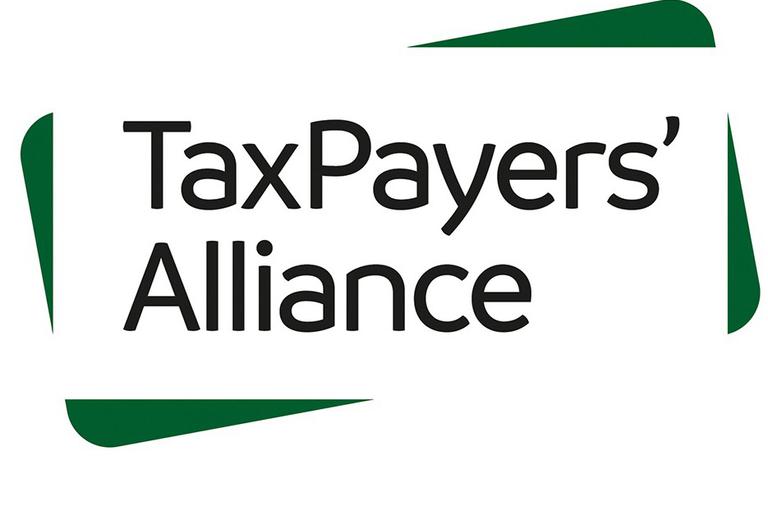by Richard Mason – Research Fellow at Consumer Choice Center
About half a century ago, Austrian economist Joseph Schumpeter wrote in his book Capitalism, Socialism, and Democracy about a concept he called ‘creative destruction’. Derived from the previous works of Marx, Schumpeter perceived economic growth under capitalism as a destructive force by which entrepreneurs, in discovering new and exciting innovations, render existing business models obsolete.
Interestingly, for a theory so heavily based on Marxist thought, creative destruction has become pretty accepted amongst many free-marketeers. Clearly, it’s brought remarkable benefits to consumers. It seems a necessary and actually pretty healthy part of a capitalist system which has driven human progress like no other economic system before. Just as we know that the introduction of widely-available cars made horse-drawn carriages outmoded, many believe that new technologies like Uber will have the same effect on the black cab. Ex-mayoral candidate for London Andrew Boff wrote a great piece on this aspect of creative destruction a few months back.
Today, of course, this process is pretty controversial. While the creative-destructive process certainly brings with it numerous benefits like cheaper, better, and more-efficient services, it naturally makes life tougher for those who have their careers and businesses rendered useless by new technology, or constrained from change by the state. In an age where such new tech seems to spring up every day, it’s perhaps understandable that so many fear the rise of the machines.
And that’s the challenge for policy makers. Sometimes this can lead to an almost neo-luddite-esque rejection of new technologies and services, as we cling on to outdated but familiar solutions – usually with whole eco-systems of vested interests to back them up. In other cases, like Uber, creative destruction is actively embraced by progressive voters and the politicians who represent them. But even to them, one obvious example always seems to remain sacrosanct: in the age of cheap and available online streaming, we still have to pay for a licence to watch state-produced TV.
I realise the topic might seem a bit old-hat. I’m not sure that the TV licence has ever been particularly popular in the UK, even before the rise of Netflix and Amazon Prime. That’s probably why the government has had to put out such Orwellian warnings to remind you to cough up.
But with the recent announcement that the licence fee will increase to £154.50 from April this year, it is once again time to call the existence such an outdated institution into question. Some quick maths will tell you that, with the new increase, Brits will wind up paying just under £13 a month for the privilege of watching TV, the bulk of which will go towards the BBC and its projects.
Meanwhile, a Netflix subscription will cost only set you back £7.99 for a standard subscription, while all the other traditional channels are still funded by advertisements and, thus, free to watch. This is without even discussing the many other streaming services like Hulu or Amazon prime, or popular new forms of media like YouTube and podcasts.
With such a plethora of cheap or free options to choose from, it is absurd to expect Brits to continue paying for the BBC. It’s no surprise that so many are beginning to cancel their licence subscriptions, and rightly so.
Indeed, as with so many businesses, institutions and technologies before it, the idea of a mandatory licence to watch TV, and the state broadcasting service it funds, is at the eve of destruction in the face of newer, cheaper, and overall better alternatives – just as Schumpeter could have predicted. The question now, however, is where we go from here?
Sadly, the outlook might not be too optimistic. With the plan already in place to raise the costs in April, and with the massive reforms to the BBC that would likely emerge from a scrapped licence fee, there doesn’t seem to be many signs of the government getting with the times soon.
A particularly troubling premonition might be that the UK follows in the footsteps of Germany who, in 2013, simply imposed a ‘TV tax’ on every household, regardless of whether they owned a TV or not. The justification for this was that, since the state broadcasts over so many forms of media such as radio or the internet, everyone is potentially able to have access regardless of if they owned a TV set. As a result, every German resident must now pay €17.50 (about £15) every month.
Hopefully, the UK government won’t take inspiration from this, and will look upon streaming services as facets of creative destruction, by which our economy grows and we as consumers get access to far more choice than just the BBC. Let’s bring ourselves into the 21st century, and have a proper debate about doing-away with the licence. If policy makers don’t tackle these challenges, and ask serious questions about what is to be lost and gained, it’s consumers that will ultimately lose out.



